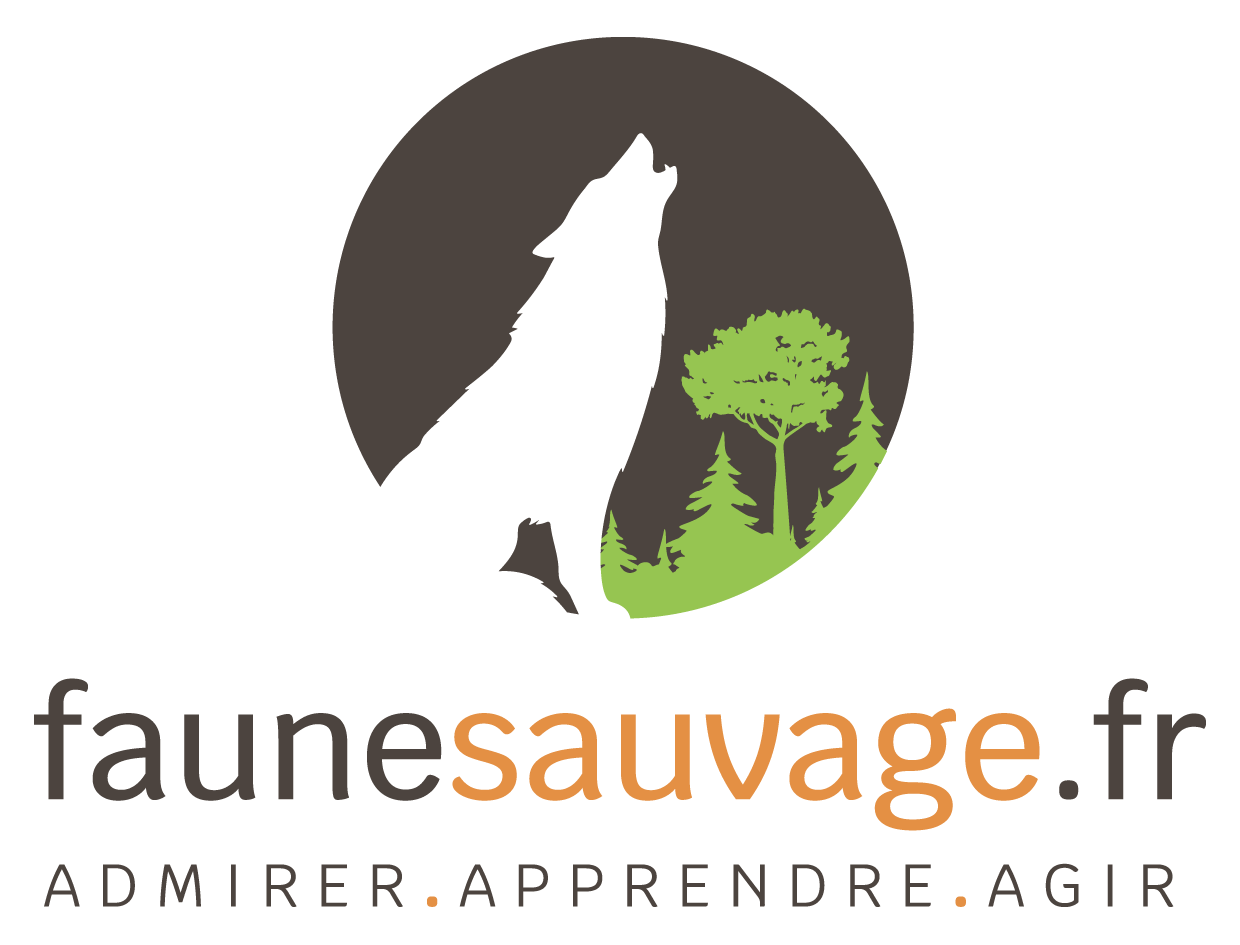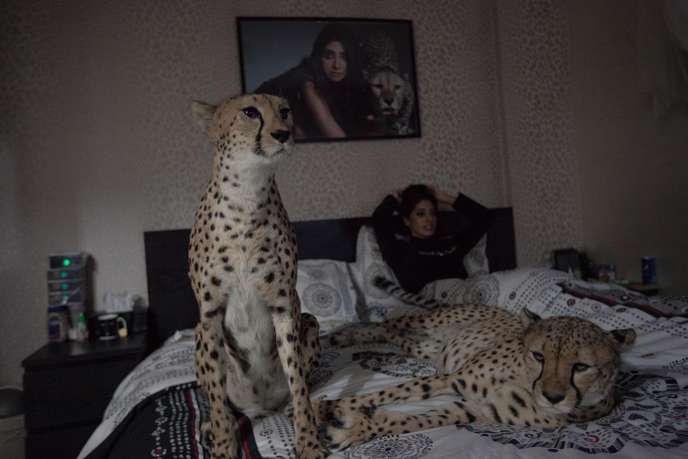Shahad Al Jaber, 32, seats next to her two cheetahs on her bed, in Kuwait, on January 30, 2017. For about four years, she owns in her appartment a male cheetah (Mark) and a female cheetah (Shahod). Al Jaber shares her daily life with her cheetahs, that she consider as her pets. “I love them more than anything, more than my potential future children” she said. In Kuwait, although it is strictly illegal, dozens of people own exotic pets such as cheetahs, tigers, lions, panthers, leopards, snakes, crocodiles etc. Many of them don’t get into trouble because they have the Wasta, an Arabic word that refers to using one’s influence or connections to getting things done. Used to show off and gain social prestige, these wild animals are often smuggled into Kuwait by land or flight. However, the trend is not limited to Kuwait. Other Gulf countries as UAE, Qatar and Saudi face such issue. Early January 2017, the United Arab Emirates has outlawed the private ownership of exotic wild animals, including cheetahs, and will fine or jail anyone caught parading them in public. Globally, illicit animal trafficking is a $10 billion industry. After the drugs and weapons trade, animal trafficking is the third most lucrative illicit sector in the world.
- Accueil
- S’informer
- Admirer
- Observer
- Protéger
- Enfants
- Contacts
-

